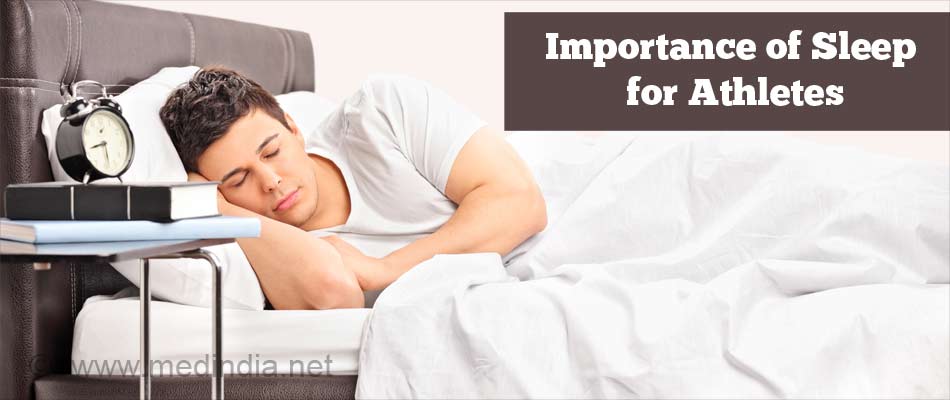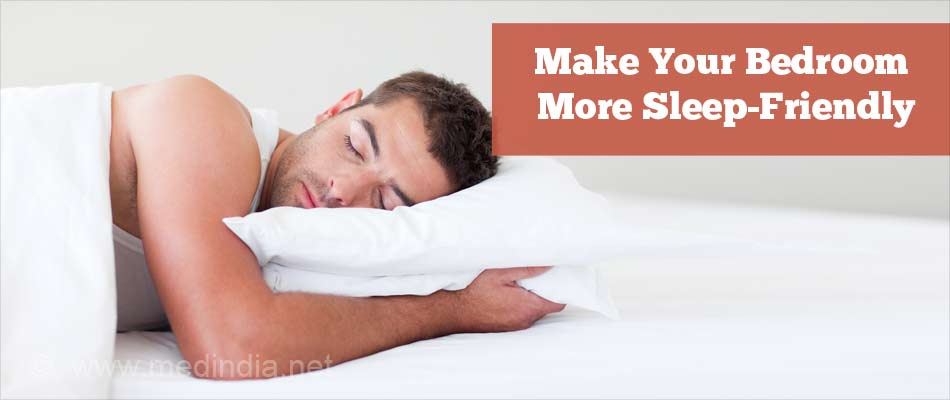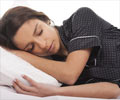- Study Shows Sleep Extension Improves Athletic Performance and Mood - (http://www.aasmnet.org/articles.aspx?id=1291)
- Sleep and Athletes - (http://sleepbetter.org/sleep-and-athletes)
Sleep Advice For Athletes
"Champions aren't made in the gyms. Champions are made from something they have deep inside them—a desire, a dream, a vision." - Muhammad Ali
There is an underlying dream which fuels an athlete to give their maximum performance as quoted above. And, a good night’s sleep is essential for them to build these dreams.

Athletes require tremendous amounts of physical and mental strength to achieve excellence. They undergo hours of training and workout to keep their muscles going and have a specific diet to stay healthy. But as it is with the body, the mind must also be trained and needs rest.
Sleep is essential for rejuvenation of the mind for every individual but it is particularly essential in performing athletes and sports persons. An adequate amount of good quality sleep is one of the most important aspects of an athlete in the making or who is awaiting to perform the following day. Lack of sleep on the other hand has many negative effects on athletic performance.
A study done by Cheri Mah, et al. indicates that sleep extension in athletes was associated with a faster sprinting drill, increased hitting accuracy, and hitting depth drill. There was an improvement in alertness in the swim team members of Stanford University. This is important in the case of collegiate and professional athletes who often travel for games and competitions and might not be able to maintain a strict sleep schedule. Mah's research looks at the impact made by extra hours of sleep on athletic performance and suggests that sleep is a significant factor in achieving high athletic performance.
Sleep experts attribute a 7-8 hour sleep schedule to a satisfactory mood which enhances both performance and overall wellness of an athlete. The following physiological reasons explain the importance of sleep -
- It is speculated that deep sleep causes release of growth hormone which stimulates muscle growth and repair, bone building and fat burning, and helps athletes recover.
- Sleep deprivation on the other hand causes inefficient glucose metabolism.
- Sleeplessness causes higher levels of cortisol, which has been linked to memory impairment, age-related insulin resistance, and impaired recovery.
- Another problem of poor quality sleep is lowered levels of the hormone leptin, which plays a role in regulating hunger as well as storing body fat.
Case studies have shown that in situations where an athlete is sleep deprived they may resort to medication that may bar them from participating or bring disgrace later when the drug is discovered through routine tests.
The most commonly used drugs include mood stimulants and enhancers to improve concentration during the day. This may provide temporary relief from the tired and sluggish feeling, but will lead to sleeplessness.
To combat the sleeplessness an athlete may sometimes resort to taking sleep medications eventually driving the body to be more and more tired during everyday activities as well as athletic training.
Tips for athletes to achieve peak performance:
- Good Sleep Environment – Using light-tight blinds and window shades will help keep a dark room for better sleep. Lowering the temperature of the room helps to sleep better than sleeping in a hot environment. Nothing causes more sleep disturbance than noise and Noise control is thus essential for improvement in quality of sleep. An investment in comfortable earplugs, a white noise machine, or a fan with a rhythmic sound may help.

- Maintain a Regular Sleep Schedule – Going to bed and waking up at the same time each day is ideal for athletes. Sleeping and waking up at a fixed time will help the body adapt to a regular training and nutrition plan as well. Additionally, a 10 p.m. bedtime and 6 a.m. Wake-up time is the optimal schedule for both physical and psychological recovery.
Parties are one of the biggest distractors for the athletes and they are sometimes in high demand due to their popularity and this puts the pressure to keep up till late in the night. Listening to the manager or the coach and some counseling from time to time keeps them on track but when there is no supervision, it can become a recipe for disaster.
- Decreased Caffeine or Alcohol Intake – Cutting down on caffeine can improve not only your quality of sleep, but can help you fall asleep faster. Alcohol intake can cause a decrease in REM sleep and delay in the onset of sleep. Lack of REM sleep, leads to irritability and exhaustion. Hence, alcohol must be avoided at all costs.
- Daily Exercise – It is most certain that every athlete requires regular exercise in order to stay fit. But athletes must make it a top priority to exercise for at least an hour per day to stay on track.

It is thus important that an athlete gives as much importance to their sleep, as their training and diet schedule; because, as they say ‘A healthy mind leads to a healthy body’.










